IEBC Faces Scrutiny Over Sh1 Billion By-Election Budget and Procurement Practices

The Independent Electoral and Boundaries Commission (IEBC) has announced that the November by-elections will cost Sh1.046 billion, covering 24 electoral areas.
IEBC Chief Executive Officer Marjan Hussein Marjan defended the allocation, citing necessary investments in staff, logistics, technology, and security to ensure electoral credibility. However, the commission’s rising expenditure has raised fresh concerns about the long-term financial viability of Kenya’s electoral system, which remains among the most expensive globally on a per-voter basis.
Projections for the 2027 General Election stand at Sh61 billion. In comparison, Kenya spent about Sh2,000 per voter in 2017, increasing to Sh2,200 in 2022, well above the international benchmark of USD5 (Sh646) per voter. Regional comparisons further highlight the gap: Ghana spent Sh9 per voter in 2016, Rwanda Sh136 in 2017, Uganda Sh517, and Nigeria Sh1,112.
The IEBC attributes high costs to operational challenges such as satellite-based transmission of results in remote areas, secure ballot paper printing, and the hiring of temporary election officials. However, critics argue that systemic inefficiencies and widespread mistrust are the main cost drivers.
Election analyst and lawyer Koki Muli links the high expenditure to a lack of trust in the electoral process. She notes that efforts to address this mistrust, including importing ballot papers with multiple security features and using foreign-hosted servers, have led to significantly higher costs.
Procurement processes have also faced criticism. A 2019 Public Accounts Committee report described spending during the 2017 General Election and its repeat presidential poll as inflated. The report warned that the full extent of financial loss due to opaque procurement may never be fully uncovered. Former National Assembly Speaker Justin Muturi has also questioned the Sh1 billion by-election budget, calling it disproportionate and unsustainable.
Previous by-elections offer a window into the commission’s spending patterns. Under former IEBC Chair Wafula Chebukati, the commission spent Sh471.12 million on four by-elections prompted by Cabinet appointments. Of this, Bungoma accounted for Sh233.2 million, Elgeyo Marakwet Sh144 million, Kandara Sh49.51 million, and Garissa Township Sh44.41 million.
Nairobi-based lawyer David Ochami criticised the commission’s spending priorities, alleging that election managers benefit from generous budgets while essential staff such as police officers and clerks face delays in receiving allowances. He also blamed entrenched interests for resisting reforms that could lower costs.
Among the reforms proposed is a shift to a single-ballot system based on party symbols rather than candidate names, which would require a move from the current first-past-the-post system to proportional representation. Muli has also suggested consolidating polling stations to serve up to 2,000 voters each, which could reduce costs without legislative changes.
Transport and logistics continue to present major challenges. The IEBC’s reliance on private contractors, largely due to inter-agency mistrust, has driven up costs. In addition, delays in disbursements from the National Treasury often result in urgent, last-minute procurement at inflated prices. The commission has acknowledged that political mistrust and excessive legal frameworks have also contributed to rising expenditure.
Global comparisons further illustrate the issue. The United States spent USD21 billion on its 2024 elections, amounting to USD63.44 per capita, twice Kenya’s per-person cost. The UK’s 2019 parliamentary elections cost £4.55 per voter, while India’s 2024 polls, which covered nearly one billion voters, averaged USD12.38 per voter.
Kenya’s Constitution Implementation Oversight Committee has previously examined India’s use of Voter Verifiable Paper Audit Trail (VVPAT) technology, which offers both transparency and cost efficiency.

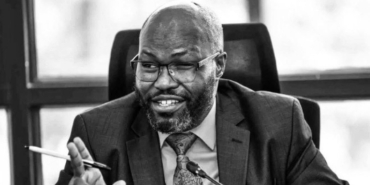


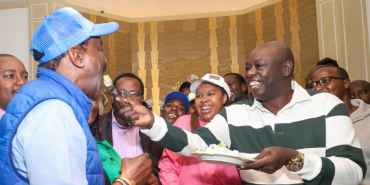

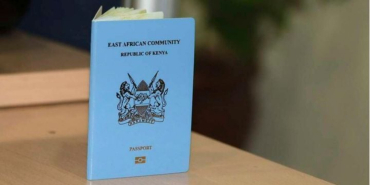
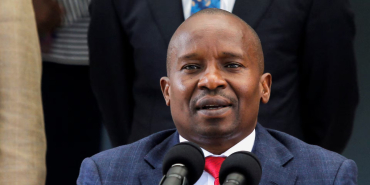
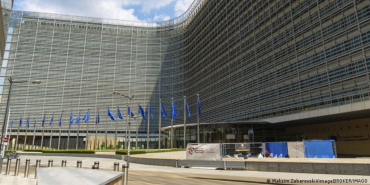





Add new comment